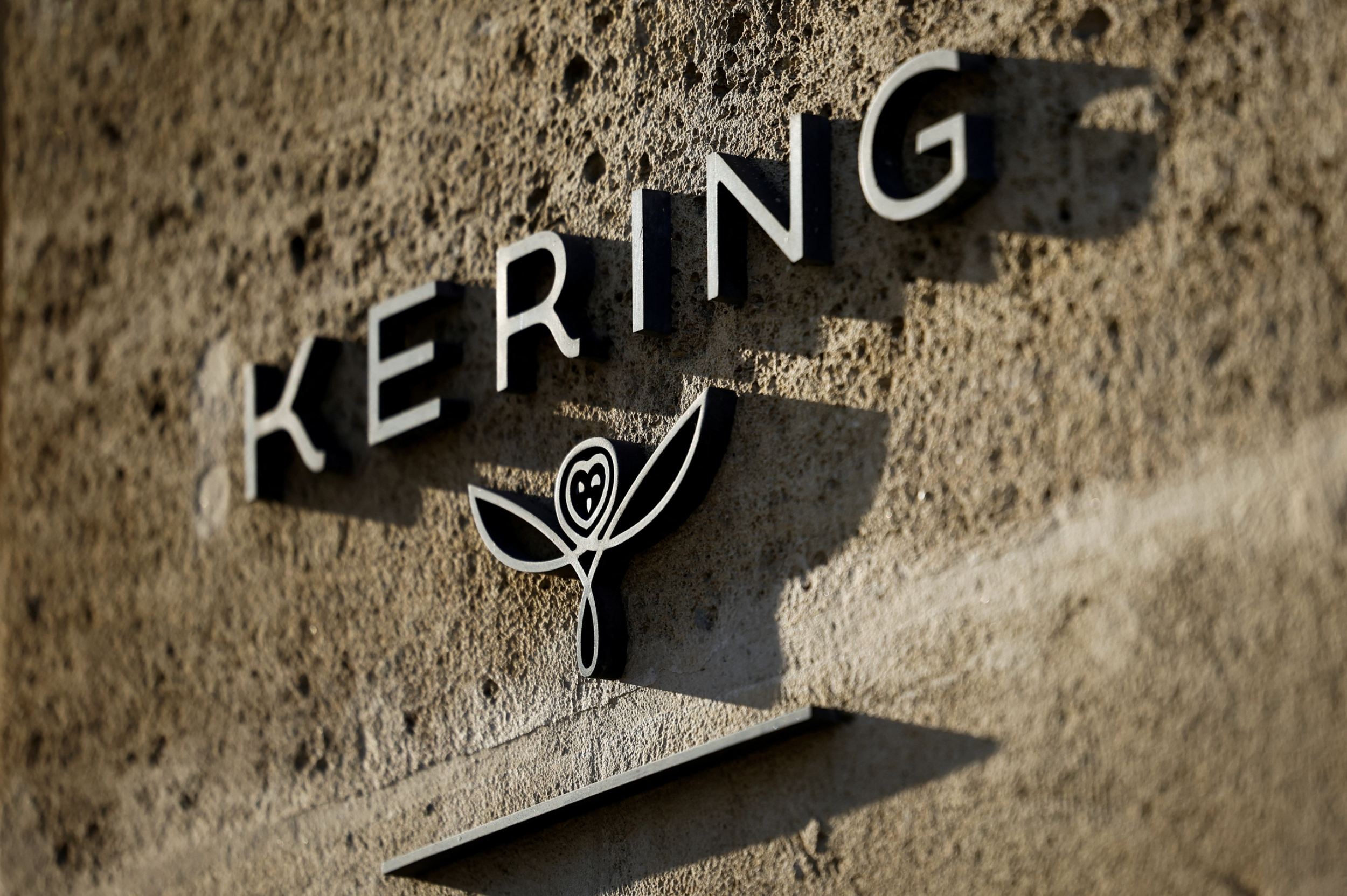
Navigating Rough Waters: Kering’s Profit Warning Signals Challenges in Luxury Industry
Kering, a prominent player in the luxury fashion industry, has issued a profit warning, forecasting a 30% decrease in operating profits for the latter half of the year after a 42% decline in the first half. This comes as the group's star brand, Gucci, reported a significant 19% drop in organic sales in the second quarter. Despite these challenges, Kering is actively pursuing a turnaround strategy, involving cost-cutting measures and the introduction of new product lines, particularly at Gucci. Meanwhile, other brands like Bottega Veneta are experiencing growth, highlighting a mixed performance across the group. The group is adapting its strategies to ensure sustainability and growth amid a volatile global market.
#Kering, #LuxuryFashion, #Gucci, #BottegaVeneta, #ProfitWarning, #FashionIndustry, #BrandStrategy, #MarketTrends, #LuxuryBrands, #BusinessStrategy
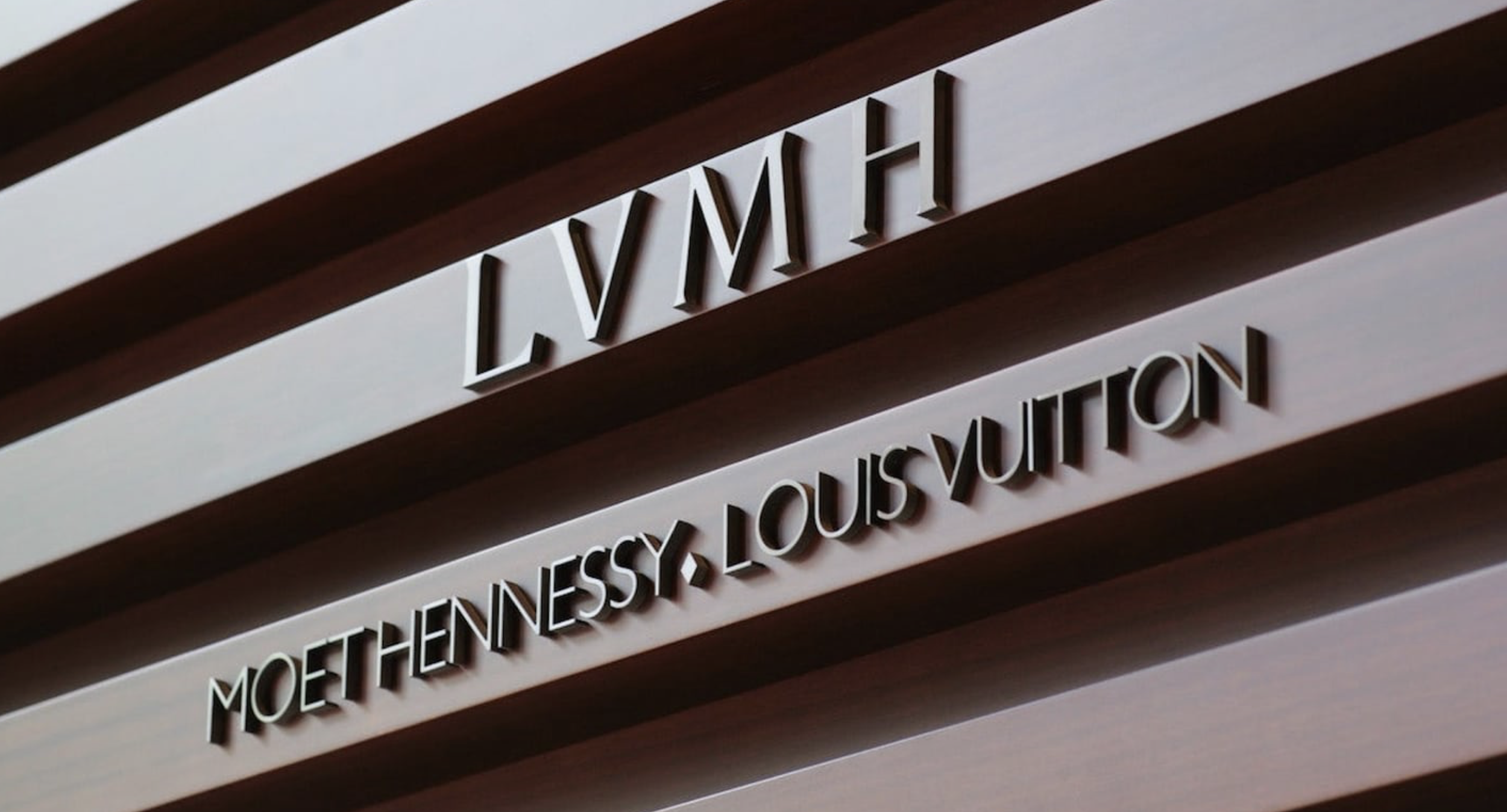
LVMH's H1 2024 Earnings: Navigating the Downturn
LVMH Moët Hennessy Louis Vuitton reported a 14% decline in net profit for the first half of 2024, as luxury spending in China continued to wane. Despite this, the conglomerate saw a slight increase in overall revenues, driven by modest growth in its fashion and leather goods division, albeit below expectations. Significant profit drops in the wines and spirits, and watches and jewelry segments underscored the broader challenges facing the luxury market amid economic and geopolitical uncertainties. LVMH's management remains optimistic, emphasizing the group's resilience and strategic agility as key drivers for maintaining its luxury leadership into the second half of the year.
#LVMH, #LuxuryMarket, #EconomicImpact, #FashionIndustry, #RevenueGrowth, #LuxuryBrands, #MarketTrends

L Catterton Acquires Stake in Value Retail, Reinforcing LVMH's Retail Dominance
L Catterton, backed by LVMH, has acquired a 42% stake in Value Retail from Hammerson, with the transaction valuing the business at $1.94 billion. This move enables Hammerson to focus on high-yield urban destinations by offloading a low-performing investment, while L Catterton enhances its luxury retail presence, particularly through The Bicester Collection. This acquisition not only promises to intensify LVMH's influence in the off-price luxury sector but also aligns with Value Retail's growth trajectory, especially ahead of its U.S. expansion.
#LVMH, #LCatterton, #ValueRetail, #LuxuryRetail, #RetailInvestment, #BicesterVillage, #RetailStrategy, #LuxuryShopping, #Hammerson

Accenture Bolsters Retail Technology Capabilities with Logic Acquisition
Accenture has announced the acquisition of Logic, a retail technology services firm, to enhance its retail capabilities and broaden its comprehensive solutions for clients. This acquisition integrates Logic’s expertise in driving customer loyalty and increasing revenue through technological innovations, including AI. Founded in 1997 and operating globally across 11 countries, Logic's extensive experience in retail disruption will support Accenture’s strategic focus on digital transformation in the retail sector. The deal is poised to extend Logic’s reach, accelerate its objectives, and offer new growth opportunities within the dynamic retail landscape.
#Accenture, #Logic, #RetailTechnology, #AI, #DigitalTransformation, #BusinessStrategy, #TechAcquisition, #Innovation, #RetailIndustry

Unpacking EssilorLuxottica's Strategic Acquisition of Supreme for $1.5 Billion
EssilorLuxottica's recent $1.5 billion acquisition of Supreme has sparked debates about its strategic alignment. Diverging from its core focus on eyewear, the eyewear giant's venture into the declining streetwear market with Supreme poses significant integration risks and investor skepticism. While VF Corp celebrated the sale, seeing its stock rise due to enhanced liquidity, EssilorLuxottica might face challenges ahead in making this acquisition work with its traditional business strengths.
#EssilorLuxottica, #Supreme, #Streetwear, #Eyewear, #BusinessStrategy, #InvestorRelations, #MarketTrends, #CorporateAcquisition

Burberry's Reset Amidst a Challenging Luxury Market
Burberry is facing significant challenges as first-quarter sales fall by 22%, leading to drastic measures including the replacement of CEO Jonathan Akeroyd with Joshua Schulman. Amid a broader luxury market slowdown, Burberry is shifting its strategy to emphasize its core strengths in outerwear and more classic, accessible luxury offerings. This pivot aims to realign the brand with its heritage values and stabilize its financial footing by cutting costs and suspending dividends, setting the stage for a potential rebound in the latter half of the year.
#Burberry, #LuxuryFashion, #BusinessStrategy, #FashionIndustry, #MarketTrends, #CEOChange, #BrandPivot, #EconomicDownturn, #RetailInnovation
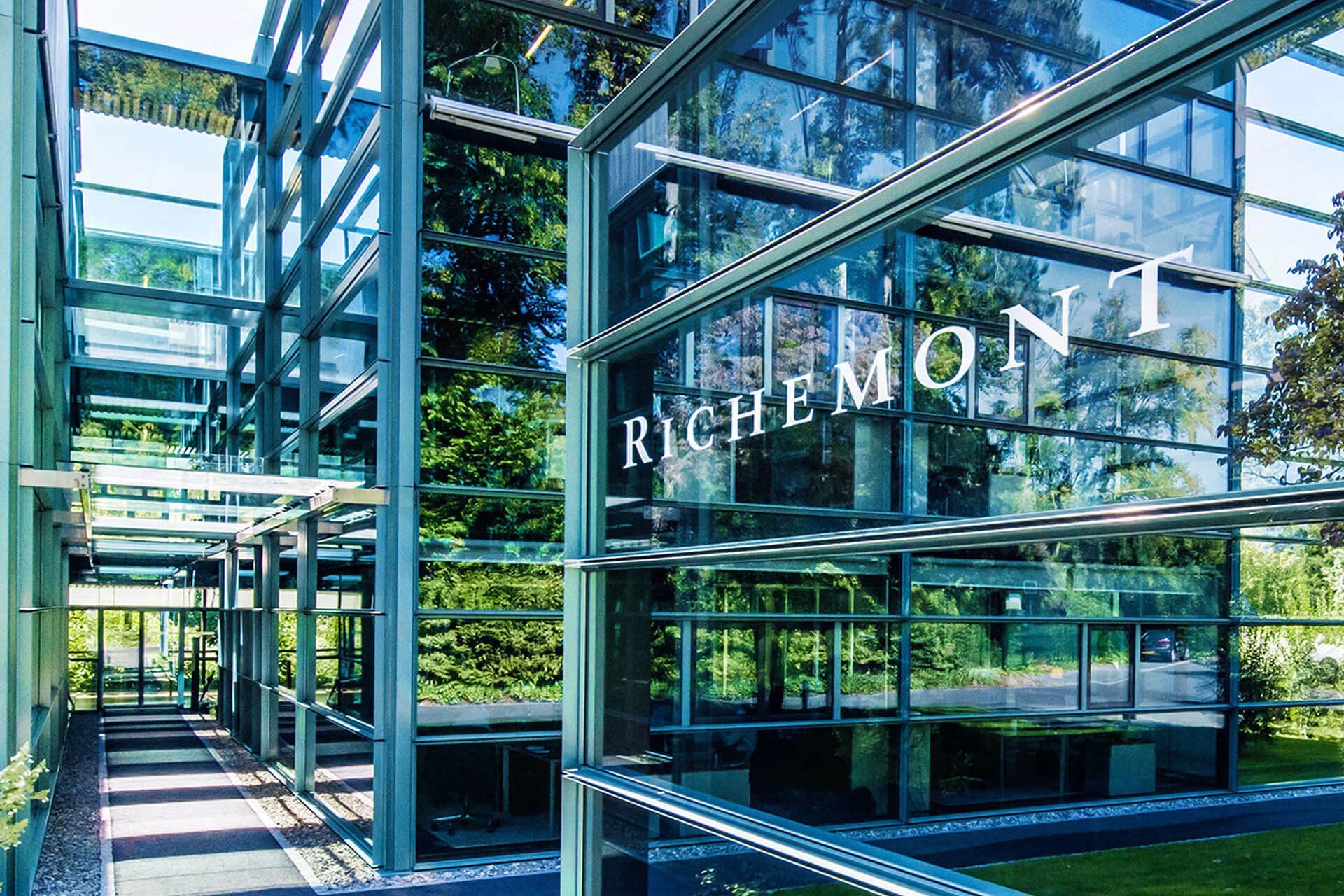
Richemont's Q1 Sales Reflect Mixed Fortunes Amid Global Challenges
Richemont's first-quarter sales for fiscal year 2024-25 show a nuanced picture of the luxury market, with overall sales slightly down by 1 percent at actual exchange rates but up by 1 percent at constant rates. While Japan showcased remarkable growth due to strong domestic and tourist spending, the Asia Pacific region, particularly China, Hong Kong, and Macao, saw significant declines due to low consumer confidence. Europe and the Americas, however, displayed resilience with growth driven by robust local demand and increased tourist purchases, reflecting the mixed fortunes across different global markets.
#Richemont, #LuxuryMarket, #Q1Sales2024, #GlobalEconomy, #ConsumerConfidence, #JapanGrowth, #LuxuryBrands, #MarketTrends
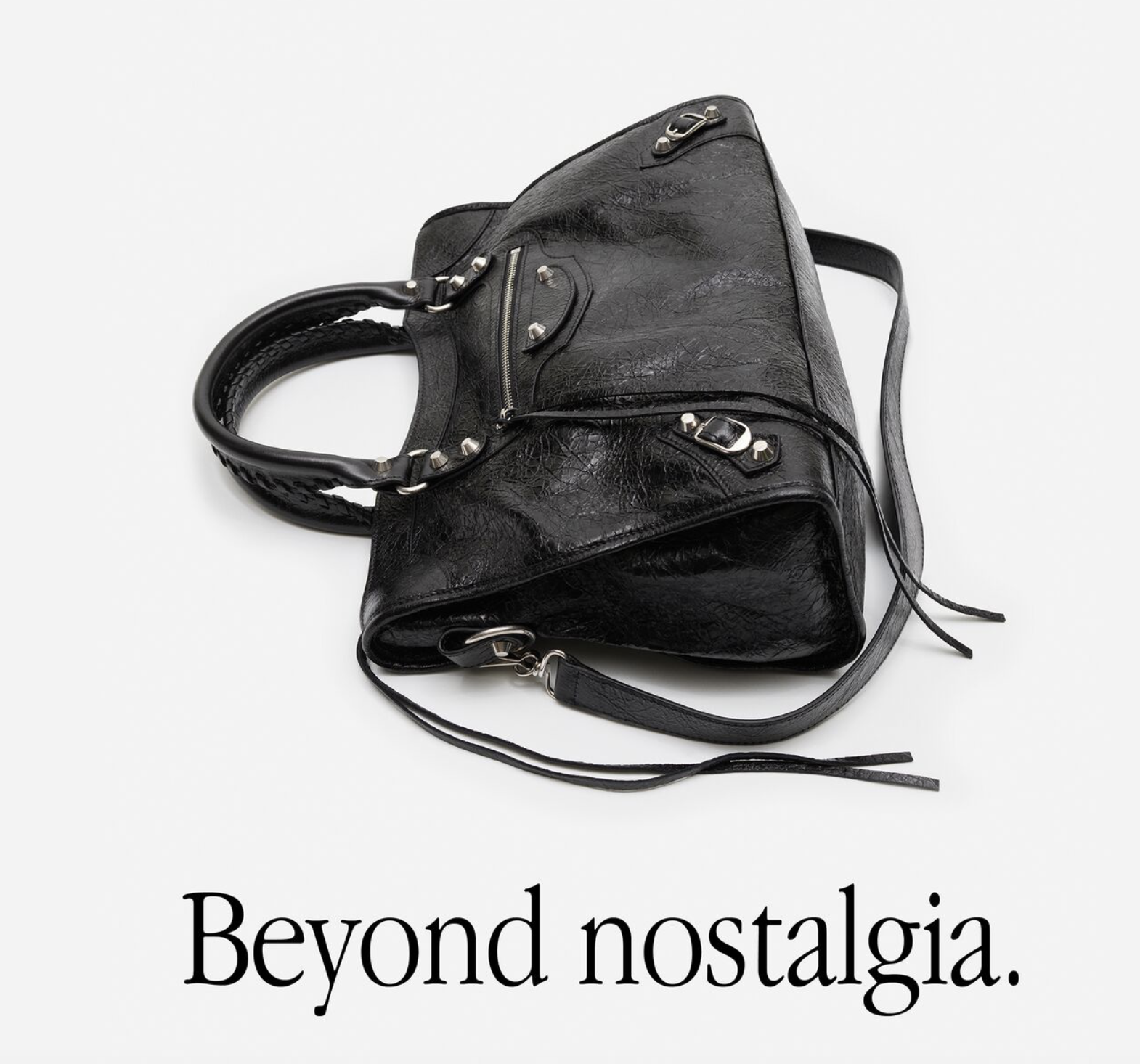
Reissuing Classic Designs: A Revival or a Revenue Strategy?
Luxury brands are increasingly reissuing their classic designs, a strategy that taps into nostalgia and ensures sales amid economic uncertainty. While these reissues provide a sense of familiarity and instant style status, they also indicate a potential lack of creativity in the industry, as brands prioritize revenue over innovation. This trend reflects a broader shift towards safe, revenue-driven choices, potentially stifling the creative evolution of fashion.
#FashionReissues, #LuxuryBrands, #NostalgiaInFashion, #RevenueStrategy, #FashionCreativity, #VintageVsNew, #EconomicUncertainty, #FashionIndustryTrends, #StyleStatus, #FashionInnovation

Reflecting on the Brand Management Revolution in Fashion
The rise of brand management firms is reshaping the fashion industry at a fundamental level. While these firms drive efficiency and open new avenues for profitability, there is a pressing need to balance these benefits with the maintenance of creative integrity and diversity. It's essential for the industry to strive for a model that supports both financial success and the flourishing of creative talent.
The expansion of brand management companies offers a modern solution to the economic challenges facing traditional retail, but it's crucial that the industry retains its commitment to innovation and diversity. In this new landscape, the fashion industry must ensure that it does not lose its essence in pursuit of profitability.
#FashionIndustry, #BrandManagement, #IntellectualProperty, #FashionRevolution, #AuthenticBrandsGroup, #WHPGlobal, #MarqueeBrands, #FashionBusiness, #RetailInnovation, #CreativeIntegrity, #FashionTrends, #InvestmentTrends, #FashionFuture

Case Study : Jonathan Anderson's Impact on the Transformation of Loewe into a Cultural Fashion Brand
Jonathan Anderson's tenure at Loewe has been marked by a dynamic infusion of creativity that merges traditional craftsmanship with avant-garde fashion sensibilities. His deep engagement with historical and cultural elements has connected the past to the present, creating collections that resonate deeply within the modern fashion landscape. These collections combine high couture craftsmanship with a raw, almost handmade energy, establishing a unique narrative that sets Loewe apart in the luxury market. Anderson's visionary approach has not only revitalized Loewe’s brand identity but has also positioned the brand at the forefront of cultural relevance. As Loewe continues to evolve, it exemplifies how traditional luxury brands can reinvent themselves while maintaining their heritage in craftsmanship and quality.
#JonathanAnderson, #Loewe, #FashionInnovation, #LuxuryFashion, #CulturalIcon, #Craftsmanship, #AvantGardeFashion, #FashionTransformation

Exploring the Necessity of High-Profile Collaborations for Louis Vuitton
Louis Vuitton's recent announcement of its collaboration with Timberland makes one reevaluate the strategic necessity and impact of high-profile collaborations within the luxury fashion industry. With prices soaring between 2,200 to 2,600 euros for standard models, and an exceptional 75,000 euros for a limited-edition variant, the initiative demands scrutiny. Does Louis Vuitton genuinely benefit from such partnerships, or is this merely a chase for continued relevance and media spotlight?
#LouisVuitton, #Timberland, #LuxuryFashion, #FashionCollaboration, #BrandIdentity, #LuxuryBrands, #ConsumerInsight, #FashionIndustry, #InnovationInFashion, #MarketTrends

Case Study : Elsa Peretti for Tiffany - her design aesthetic & legacy
Tiffany needs no introduction, the quintessential American jeweller with a worldwide reputation for glamour and style. The King of Diamonds - Charles Lewis Tiffany helped define legendary jewelry design as we know it and established the diamond engage
Elsa Peretti Design Aesthetic There is no new design, because good lines and shapes are timeless. Her designs were as individualistic as Elsa herself. Peretti’s designs invite touch. Inspired by found objects, bones, beans, tears, and the like, her designs elicit emotion, and are intended to be lived with and loved, not admired from a distance.
#Tiffany #ElsaPeretti #CaseStudy

Case Study : Decoding Elegance of The Row
Immerse yourself in the artistry of The Row's brand identity, meticulously crafted to epitomize sophistication and timelessness. From the choice of materials to the minimalist aesthetic, every detail contributes to the brand's allure. Discover how The Row has mastered the art of creating an aspirational lifestyle that resonates with its discerning audience. In this case study, we unravel the intricate layers of The Row's brand identity, digital architecture, and its unparalleled command over owned and earned media. We delve into the brand's digital architecture, dissecting its online presence, e-commerce strategy, and how it harnesses technology to connect with its global clientele.
#TheRow #LuxuryFashion #BrandIdentity #DigitalArchitecture #OwnedMedia #EarnedMedia #FashionCaseStudy #FashionBranding

Case Study: Bvlgari's Transformation into a Global Luxury Lifestyle Brand
Bvlgari, an iconic Italian luxury brand founded in 1884 by Sotirios Voulgaris in Rome, has evolved from a fine jewelry shop to a global luxury lifestyle powerhouse. Known for its bold, innovative designs and the use of colorful gemstones, Bvlgari has expanded its product line to include watches, fragrances, accessories, and luxury hotels, consistently embodying the essence of Roman style and elegance. Acquired by LVMH in 2011, Bvlgari has leveraged this partnership to expand its global footprint and diversify its offerings, further cementing its status as a leader in the global luxury market.
#Bvlgari, #LuxuryBrand, #ItalianJewelry, #LVMH, #LuxuryLifestyle, #Innovation, #HeritageBrand, #LuxuryHotels, #FashionJewelry, #BvlgariHistory

Case Study: Cartier's Journey to Timeless Elegance and Innovation in Luxury
Cartier, established in 1847, epitomizes luxury with its exceptional craftsmanship and rich heritage. Historically celebrated for its innovative jewelry and watch designs, the brand has successfully expanded globally, maintaining a prestigious reputation among royalty and celebrities. Recent years have seen Cartier excel in digital transformation and sustainability, significantly increasing its brand value in 2022 through strategic renovations, enhanced e-commerce capabilities, and innovative customer engagement. By continuously adapting and upholding its tradition of excellence, Cartier remains a symbol of timeless elegance in the luxury market.
#Cartier, #LuxuryJewelry, #Watchmaking, #SustainableLuxury, #DigitalTransformation, #LuxuryBrands, #HeritageBrands, #HighJewelry, #BrandValue, #Innovation in Luxury
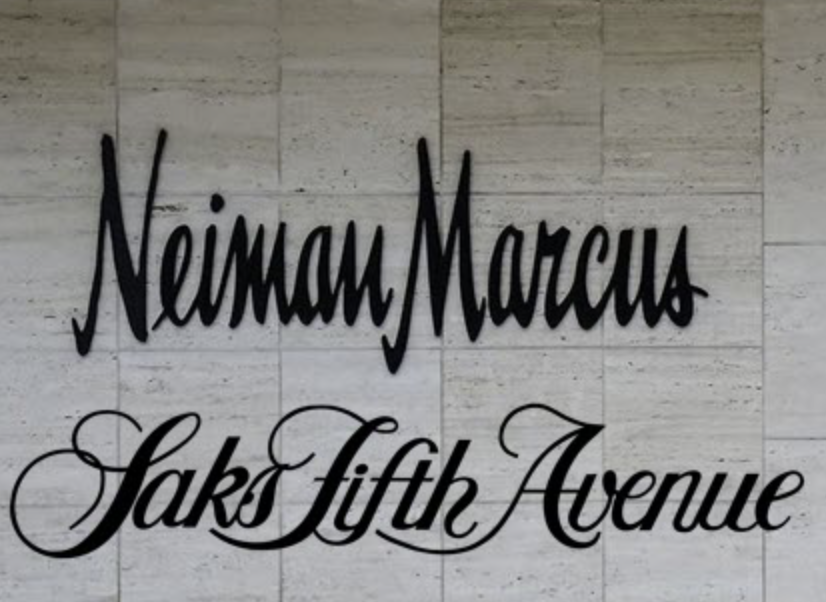
Saks Fifth Avenue and Neiman Marcus Merger : Analyzing the Long-Term Impact of the Luxury Retail Merger
After extensive negotiations, Hudson’s Bay Co. has successfully finalized a deal to acquire Neiman Marcus Group for approximately $2.65 billion, merging it with Saks Fifth Avenue. This merger is expected to streamline operations, achieve significant cost savings, and bolster the combined entity’s online presence in the competitive luxury retail market. However, it raises concerns about reduced competition and potential job losses due to store consolidations. The strategic move aims to better position the new entity to navigate the evolving consumer preferences and market dynamics.
#LuxuryRetail, #SaksFifthAvenue, #NeimanMarcus, #RetailMerger, #FashionIndustry, #ECommerce, #RetailNews, #BusinessStrategy, #MarketTrends, #RetailInnovation

Harnessing the Power of Strategic Segmentation in the Luxury Market
In the luxury market, strategic customer segmentation is key, particularly in targeting Very Important Clients (VICs). These clients, though small in number, significantly influence market dynamics by driving a disproportionate amount of revenue. Luxury brands are increasingly focusing on offering high-quality, personalized experiences and impeccable service to cater to this demanding segment. Investments in flagship stores and prime real estate, along with enhanced service through skilled client advisors, are pivotal strategies to engage these high-value customers.
#LuxuryMarket, #CustomerSegmentation, #HighValueClients, #LuxuryBrands, #MarketStrategy, #LuxuryRetail, #ClientEngagement

Navigating Turbulence in the Beauty Industry: A 2024 Mid-Year Review
In 2024, the beauty industry faces a challenging landscape, marked by L'Oréal's revised growth forecasts due to market volatility in China and a general slowdown in the beauty market. Despite these setbacks, skincare emerges as a resilient segment, with new players exploring mergers and acquisitions, contrasting with the struggling makeup sector where brands like Glossier and Kosas Cosmetics find transactions challenging. This dichotomy highlights the need for beauty companies to adapt strategies amidst evolving consumer preferences and market dynamics, suggesting that those focusing on innovation and consumer engagement are best positioned to navigate these turbulent times.
#BeautyIndustry, #Loreal, #MarketTrends, #Skincare, #Makeup, #MergersAndAcquisitions, #ConsumerTrends, #2024Outlook, #InvestmentOpportunities, #EconomicChallenges

Chanel, Hermès, and LVMH Pivot to Hard Luxury with Strategic Emphasis on Watches
In a strategic shift, luxury brands Chanel, Hermès, and LVMH are intensifying their focus on watchmaking, underscored by joining the board of the Watches and Wonders Foundation Geneva. This move from soft to hard luxury, which includes more durable luxury watches, signifies their adaptation to a more stable market segment amid economic uncertainties. Their commitment is further emphasized by their active participation in the Watches and Wonders events, which have grown to include public days and expansion to global cities like Shanghai. The Geneva event from next April 1 to 7 will further showcase these brands' innovations and collaborations, marking an evolution within the luxury watch industry.
#LuxuryWatches, #ChanelWatches, #HermesWatches, #LVMHWatches, #WatchesAndWonders2024, #GenevaWatchEvent, #LuxuryTrends, #HardLuxury, #Watchmaking, #InnovationInLuxury

LVMH Targets Growth in Hospitality with Acquisition of Chez L'Ami Louis
LVMH Moët Hennessy Louis Vuitton has strategically expanded its hospitality division by acquiring the iconic Paris bistrot, Chez L’Ami Louis. This move underscores the company's focus on enhancing its portfolio in the luxury hospitality market. LVMH has been actively broadening its reach in the hospitality sector, evidenced by its previous acquisition of Belmond Ltd. for $2.6 billion. This acquisition added prestigious properties like the Venice Simplon-Orient-Express and the Hotel Cipriani in Venice to its portfolio. The addition of Chez L’Ami Louis is seen as a continuation of this strategy, designed to enrich LVMH's luxury travel and dining experiences.
#LVMH, #LuxuryHospitality, #ChezLAmiLouis, #ParisBistrot, #LuxuryTravel, #LuxuryDining, #HospitalityIndustry, #LuxuryLifestyle, #StrategicAcquisition, #LuxuryMarket Trends